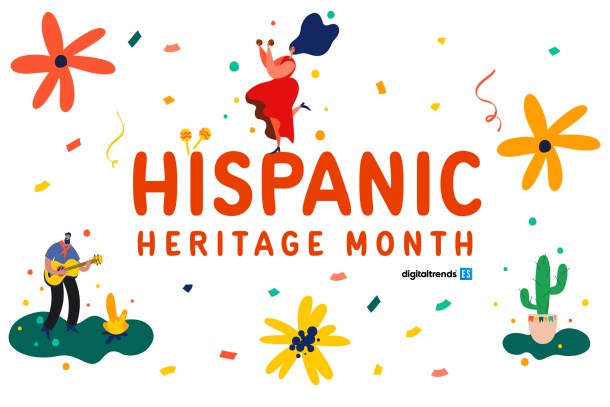Helping those with visual disabilities is the mission of Juan David Cruz, a Colombian engineer who, at the age of 26, has positively impacted the lives of 40,000 people through his free application called Vhista.
The tool allows its users to explore their environment. “Use the iPhone’s camera, pointing anywhere, and the app will tell you, with about 80 percent certainty, what objects are in front of you. It also uses augmented reality to tell you how far away they are,” he says.

Cruz, who works independently, raised money in different ways to be able to give life to Vhista. He used government incentives and an Apple grant that took him to the Apple World Developers Conference (WWDC) to optimize the application and the use of servers, which reduced operating costs.
There is a technical aspect that also favors that goal: the iOS platform. Building Vhista App for iPhone is much easier and cheaper than doing it for Android, due to the technology in the display system. Even though the number of Android users is larger, Cruz indicates that in the research phase, he found that most of his target population used iPhone for this reason. However, Cruz does not rule out bringing her app to
Behind every idea, there is a story. Upon graduating, he was no stranger to the difficulties entrepreneurs often face, including the choice between being self-employed and working for someone else. Social pressure made him opt for the latter, but he soon began to feel fed up with programming and wanted to do something that would have an impact.
Vhista was born out of the realization that, in his day-to-day life, Cruz observed a “lack of empathy” for people with disabilities. “On public transportation, I noticed people taking their seats, and they can’t cross a street without being practically swept away by a car,” he says.
Due to the steady growth of his app in Colombia, Mexico, and Argentina, Cruz decided to move to the United States and offer an English version of it. Today, it impacts the lives of 40,000 people with disabilities. He also noted with sadness the low number of Latino developers he has met in Silicon Valley. “There are many people from Asia, for example, but I would like to meet more people from Colombia. The opportunities are there if you are interested in working in technology,” he said.

For Cruz, there is great talent in Latin America. To support his perception, he highlights the popular home-delivery application Rappi, which is based in Colombia with operations throughout the region. The fact that you don’t have the training, he says, “is not an excuse, and no one is going to tell you not to do it.”
Cruz indicates that there are numerous resources on the web to develop digital solutions without previous knowledge of programming. And he hasn’t stood idly by: With his other company, Dhamova, he created a tool called Pineapple, which allows people to create applications. “It’s like as if you were building a Powerpoint presentation,” he says. The application was number two for several weeks in the Developer Tools section of the App Store.
Seeing Cruz’s achievements would be enough to highlight him in this Hispanic Heritage Month special, but hearing him talk about his career, projects, and future gives us hope that someday he will no longer need to count the Latino developers who shine in Silicon Valley.






